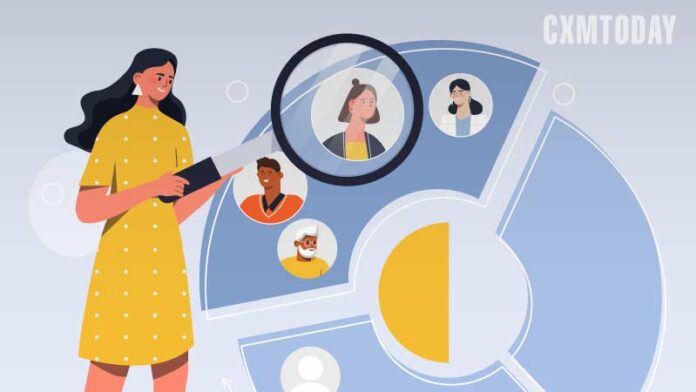Optimizely, the digital experience platform (DXP) provider enabling Boundless Digital Invention, announced Real-Time Segmentation, a new, first-of-its-kind offering that allows marketers to segment customers in the moment of engagement to deliver highly relevant, personalized digital experiences.
Real-Time Segmentation integrates across all Optimizely products and leverages fresh data to reflect the true state of an audience. This approach eliminates data refresh intervals that often result in delayed customer insight. Using a streaming and on-demand approach that enables extremely low data latency, customer data is guaranteed to be of the moment.
Customer expectations for exceptional, consistent digital experiences across all channels have increased dramatically. Now, consumers don’t just want personalization, they demand it. Recent industry data found that 71% of consumers expect companies to deliver personalized interactions and 76% get frustrated when this doesn’t happen. It also found the companies that excel at personalization generate 40% more revenue. Unfortunately, many brands continue to struggle with delivering true value through personalization efforts.
Real-Time Segmentation enables next-generation personalization that is relational, observant, and informative. Driven by assets, behaviors, and customer attributes, customer messaging comes across as helpful rather than pushy or redundant.
“Too often, a brand will deliver a first-time purchase discount code a few minutes after the first purchase has been made,” said Justin Anovick, Chief Product Officer at Optimizely. “This can be incredibly frustrating as a consumer. Real-Time Segmentation empowers brands to not only be more timely, but also more confident in their messaging. It takes into account that behind every data set is a human being, and creates real-time engagements that slowly build customer affinity and loyalty.”
The product works across Optimizely’s offerings to enable a new level of precision and confidence for marketers and digital leaders. Using first-party data, brands can deeply personalize customer engagement, content, and offers.




